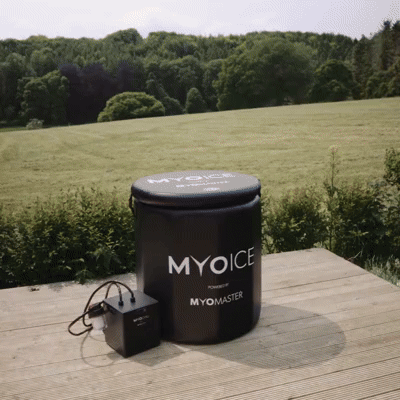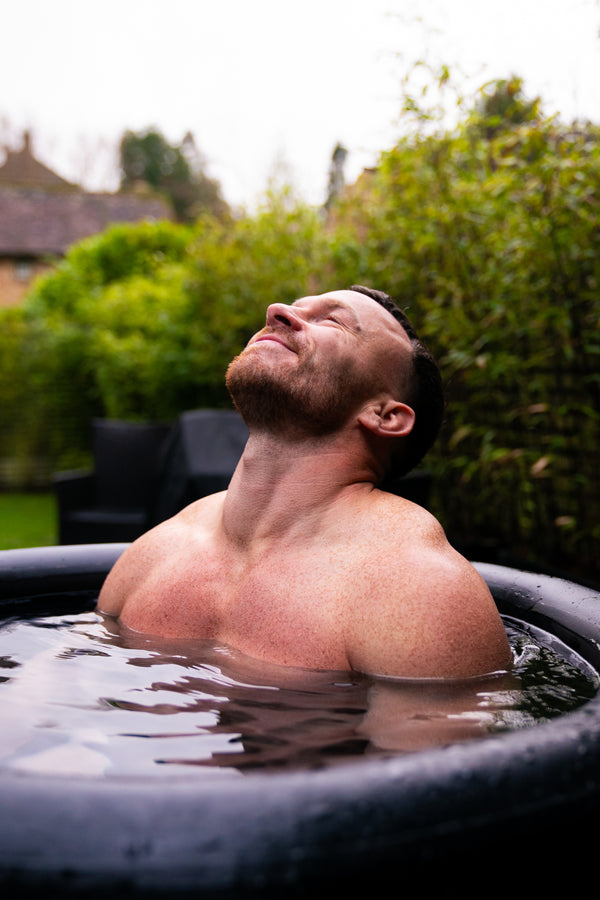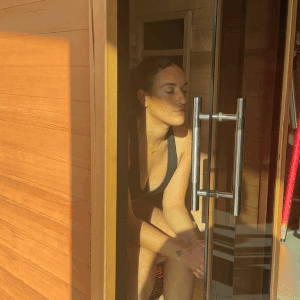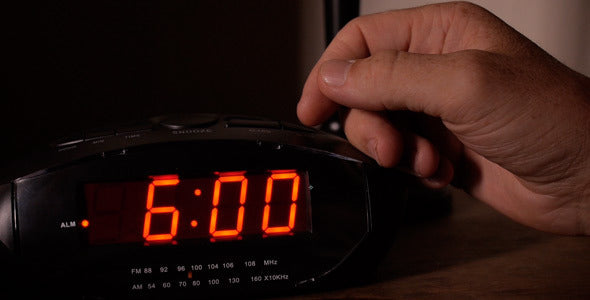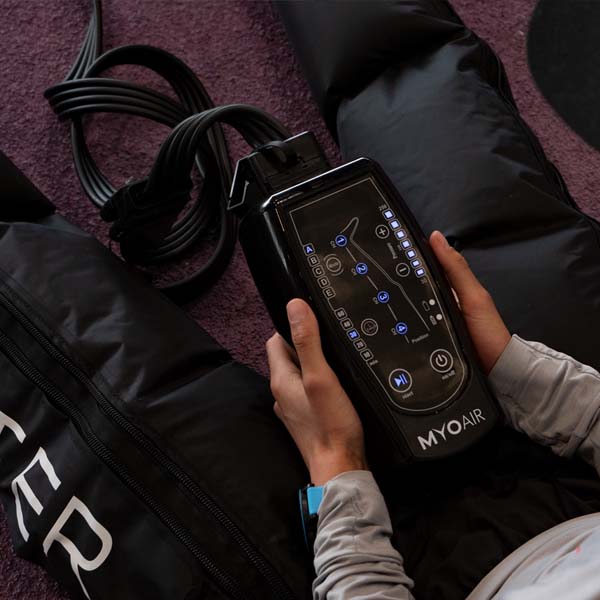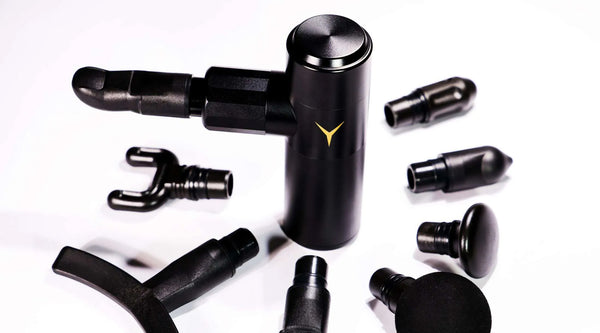We can almost see you rolling your eyes. But hear us out. Yes, training is key if you want to get fitter and stronger but none of it is worthwhile if you’re not recovering properly. How fit you are is an extension of your general health and wellbeing. Any athlete, or fitness lover knows that you can train as much as you want but if your diet isn’t on point and you’re not getting enough sleep then you won’t get results. With that in mind, these are our top three reasons why muscle recovery is more important than training.
Three Reasons Why Muscle Recovery Trumps Training
1. Muscle Growth
Muscle growth doesn’t happen while you exercise. It happens when you rest. When you train the stress you put on your muscles causes tiny tears in the tissue (say that three times fast). The micro-tears heal when you rest and use appropriate recovery techniques, allowing a cellular process which fuses muscle fibres together to form new myofibrils (the protein filaments that make up muscle). These myofibrils increase in thickness and number and that’s how your muscles get bigger and stronger. If you don’t allow the tears time to heal they grow and your muscles can become inflamed and sore.
Every athlete knows that consistency is key. If you want the energy to get up and workout again and again then you need to recover right. Our muscles store glycogen (carbohydrates) which is broken down to fuel movement. Research studies have shown that the body needs around 24 hours to replace the depleted glycogen ensuring you’ll have enough energy for tomorrows workout, and the one after that. No rest, no growth. Not giving your muscles the chance to heal is going to lead to pain, fatigue and an overall decrease in athletic performance. Heed this warning.
2. Mind Over Matter
Rest and recovery isn’t just for your body. When you have a goal in mind, whether it’s a sporting event or a personal best, it can be easy to go after it with blinkers on. But training day in, day out and not getting good sleep can be a one-way road to low mood, irritability and lacking motivation. Instead, prioritise rest and recovery so that you turn up physically and mentally raring to go.
You’ve probably heard the term ‘burnout’ by now, but did you know it also applies to exercise? If you’re pushing yourself hard at every workout for long periods of time, waking up early and working too it’s likely your body is flooded with the stress hormone cortisol. Cortisol is great in the short-term as it acts as a built-in alarm system, but in the long-term it could have serious health consequences. Studies have shown that the relationship between stress and exercise isn’t as simple as we often think (exercise relieves stress) and those of us who regularly put our bodies under intense stress are more likely to suffer from digestive issues, weight gain and poor mental health. Make sure you’re working within a sensible training plan that allows time for dedicated rest days and active rest days.
Plus. don’t forget that your MyoMaster massage gun doesn’t just tackle muscle soreness and injury, it can also help ease stress and anxiety and aid your best night’s sleep.
3. Avoid Injury
The last thing anyone wants is to be put out of action by injury. But if you don’t put muscle recovery on the top of your to-do list you could be sealing your fate. Overloading your body can lead to fatigue and a tired mind and body are going to make mistakes and lose form, making injury a likelihood.
Overtraining is a real thing. Overuse injuries are common in athletes, with research showing that athletes who had less than two rest days per week had a 5.2 fold risk of an overuse injury. That can include things like tendonitis, shin splints and even stress fractures. You might not want to focus on rest and recovery but avoid it and you’ll be forced to take it seriously eventually.
Struggle with taking rest days? Reframe them as growth days and you might feel differently.
How to Take Recovery Seriously
We’re not asking for much. Just that you take your recovery as seriously as you do training. Make sure you’re taking regular rest days, getting plenty of sleep, hydrating, eating right and of course, using premium recovery tools. Check out MyoMaster’s percussion, compression and occlusion products to get started.
